Like this story told by a teenager from Denpasar, Eva, aged 14. In her social circle, romantic relationship and whatever comes with it are common themes discussed among her friends. Her peers are her first sources of information about those things since her parents are reluctant to talk about them because they think it’s inappropriate.
Measuring A Decade of Changes in the Face of Sexuality and Reproductive Health in Indonesia
Do you believe that all forms of sexual violence, risky sexual behaviors, and bullying actions are rooted from lack of effective reproductive and sexuality information?
At least, that’s what has been deduced by academicians as stated in the Indonesian Biology Education Journal (2017). “Concealing sexuality education from children will only make them more vulnerable, because children and adolescents are being in a phase where they’re searching and they’re very curious.”
When we can’t acommodate their curiosity, they’re not likely to do nothing about it. It’s highly likely that they will try to find answers from incompetent and uncredible sources, such as the internet, or their friends.
The same situation is reflected by the results of Global Early Adolescent Study (GEAS).
In the study, teenagers from Denpasar, Semarang and Bandar Lampung were surveyed. The finding said that 68 percent of adolescents communicate daily through messaging service with their friends. Furthermore, 84 percent of observed teenagers have access to handheld device and more than 91 percent of teenagers accessed social media.
68%
Respondents send messages every day to their friends.
84%
Have access to cell phone
91%
Teenagers access social media
Studies have proven that education is the key to addressing reproductive health issues. The Indonesian Biology Education Journal issued in 2017 revealed that concealing sexuality education from children will only make them more vulnerable, because children and adolescents are being in a phase where they’re searching and they’re very curious.
In short, kids who have access to adequate information can avoid risky sexual behavior compared to those who are not literate about it.
Uncredible information source often cause teenagers to take uninformed and risky sexuality decision. For instance, if you are girl, you might have bad experience in terms of menstrual sanitation, like putting the menstrual pad on the wrong side or unhygienic disposal of menstrual pads.
Boys might have similar experience when they started having wet dreams, or when they start to grow Adam’s apples and have their voices changed during puberty. Sri Mulyani, a teacher in SMPN 22 Bandar Lampung told us a story that might give us a perspective about how CSE is direly needed.
“Our toilet was broken and clogged. It turned out that the blockage was caused by menstrual pads. We also had complaints from residents around the school because our female students were dumping their used pads outside the school fence,” she reminisced her bad experience when dealing with lack of CSE among students.
In short, SMPN 22 Bandar Lampung was selected to be pilot school for CSE module implementation called SETARA, an acronym of Semangat Dunia Remaja (The Ardor of Adolescence). The module was produced by Rutgers – an organization working to address Sexuality and Reproductive Health Rights and Issues (SRHR), as well as prevention of Gender Based and Sexual Violence (GBSV).
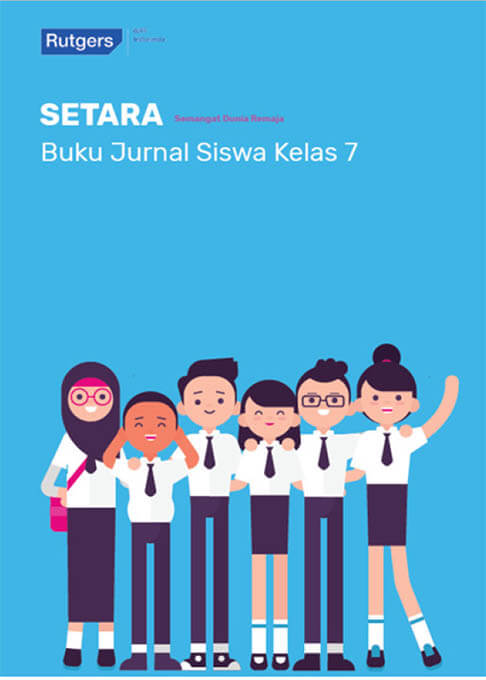
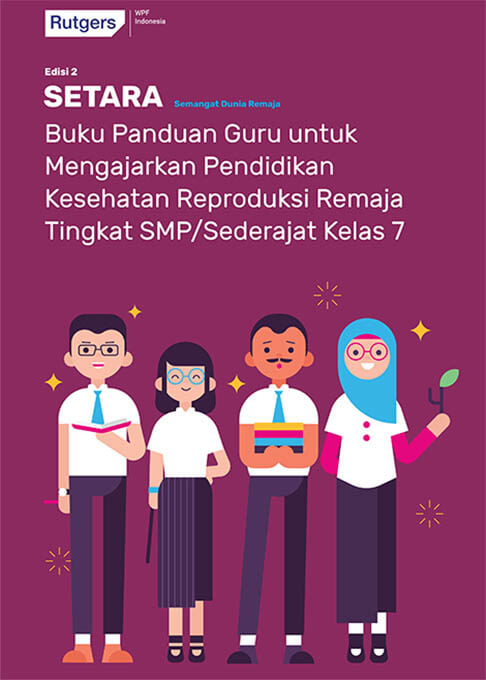
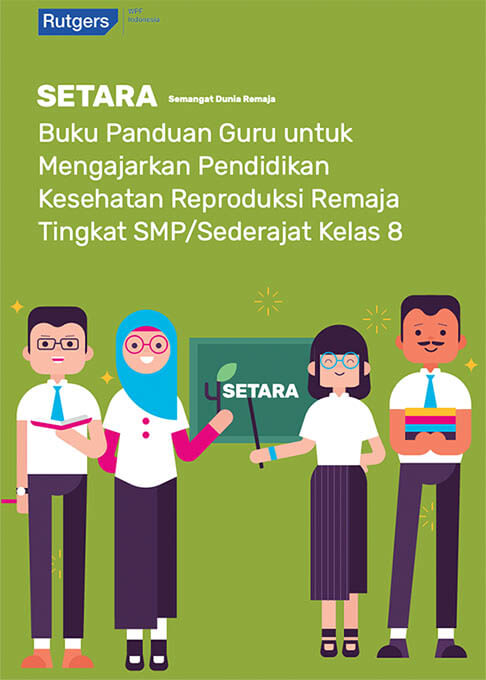
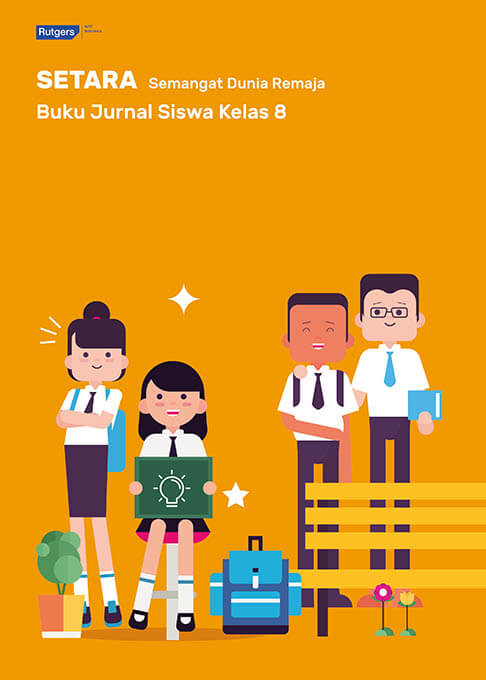




The New Era
of Sexual and Reproductive Education
is Named SETARA
SETARA modules was produced by adopting from Rutgers Netherlands’ reproductive health education which complies to International Technical Guidelines on Sexuality Education (ITGSE). ITGSE is an international guidelines standardized by UNESCO.
SETARA engages not only teenagers, but also teachers, parents and community to build a supportive environment for CSE. The aim is to provide a space where adolescents can ask questions on sexuality and reproductive issues.
When children obtain CSE from parents and teachers, it empowers them to make the right decisions concerning their bodies. As told by Nila and Donna, mother and daughter from Lampung. After participating in the program and receiving SETARA CSE module, both felt more comfortable and open to discuss about the challenges they experience during puberty.
“When I first got my menstruation, my mom taught me how to clean (the menstrual pad and vagina). Mom also told me that certain body parts are private and should not be touched by another person,” the middle school students revealed.
“I know a lot more about reproductive and developmental issues during adolescence (after reading SETARA),” Nila said to support Donna’s statement
SETARA Changes The World of Teenagers
The first edition of SETARA CSE modules was issued in 2012. The pilot trial was conducted in four middle schools in Yogyakarta municipality. In 2013, SETARA was expanded to other regions, namely Jambi, Lampung, DKI Jakarta, Yogyakarta and Manokwari municipality in West Papua.
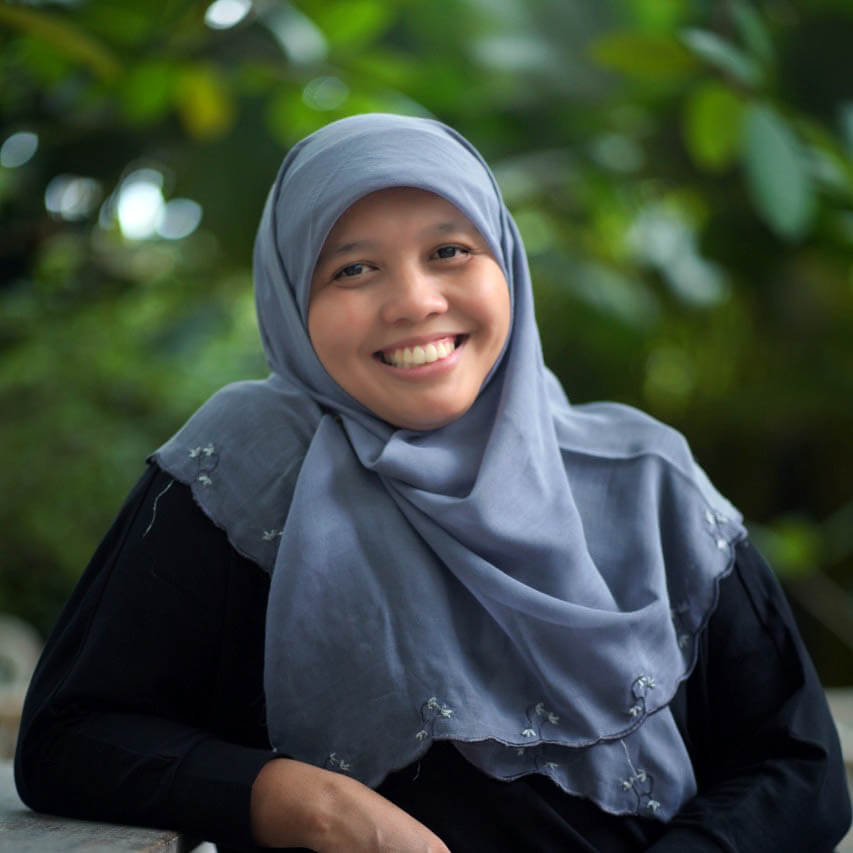
Ely Sawitri, Monitoring and Evaluation Manager for Rutgers Indonesia describes the situation of CSE in Indonesia prior to SETARA: it was not comprehensive, to not say that it was bad. A decade ago we couldn’t find a school that was interested to discuss CSE specifically.
“When we came to them, the main challenge was related to norms. In one of SETARA implementation area, a school was censoring any mention of genital organ such as penis and vagina by covering them with adhesive tape. Some schools were excluding information about sexual orientation (LGBTQ),” she said.
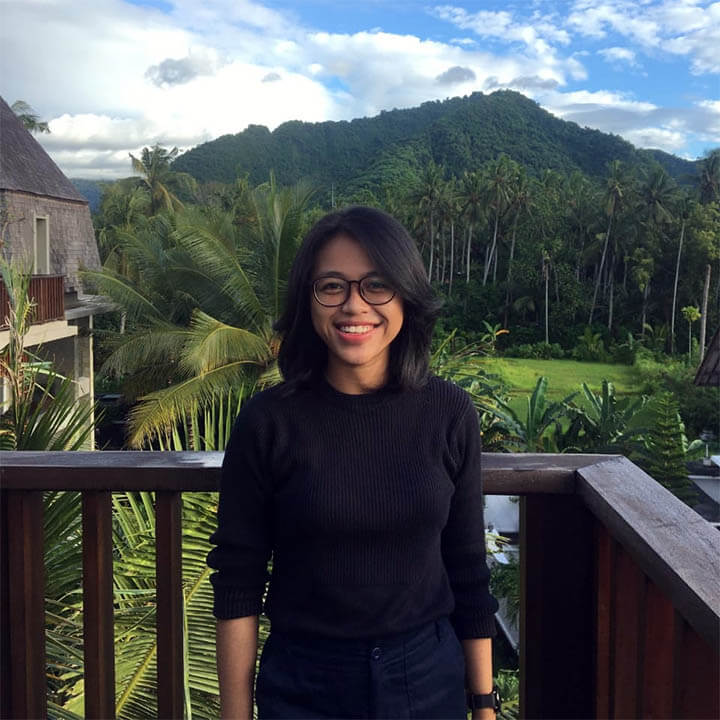
Ni Luh Eka Purni Astiti, Executive Director of Association of Indonesia Family Planning (PKBI) in Bali, added that CSE materials in Indonesia tend to be intimidating and focused on bad consequences. The discussion was also limited to biological aspects, such as how HIV is transmitted and how a pregnancy is conceived.
“Educators were intimidating and threatened students, ‘If you this, you’re doomed.’ Their threats are not likely to stop teenagers from committing risky sexual behavior,” she said.
SETARA program updated old-fashioned CSE materials and made it more modern. SETARA discusses not only conception, but also relationship and gender issues, physical changes, contraception, HIV and many more.
Implementation of SETARA as CSE modules in early middle education levels has proven to provide positive impacts for adolescents. It’s reflected in the survey designed to measure changes of youth perspective following SETARA implementation, called Global Early Adolescent Study (GEAS).
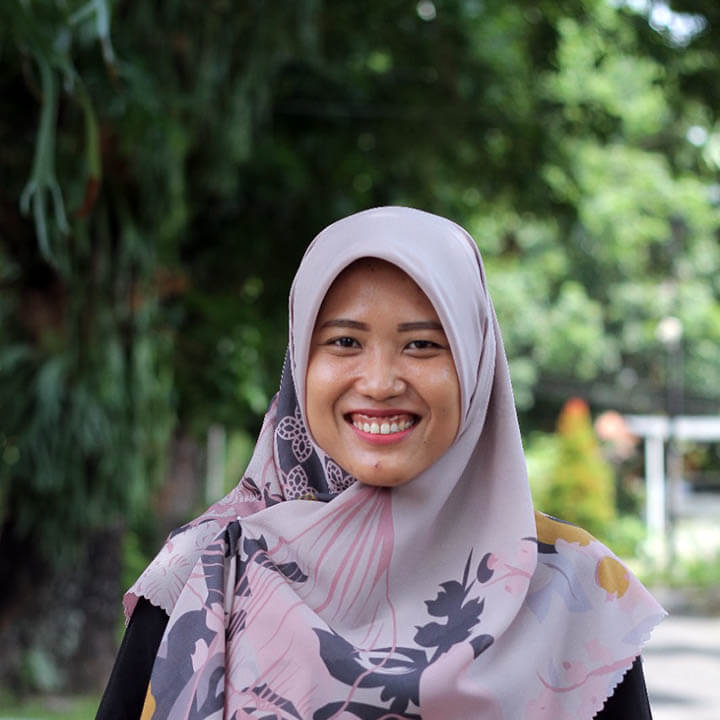
“The most visible change seen in GEAS is a more positive youth perspective regarding CSE literacy and communication. They’re more willing and open to talk about pregnancy or discuss HIV,” revealed Anggriyani Wahyu Pinandari, koordinator of GEAS as well as a researcher from UGM Reproductive Health Center.
They also scored more in terms of their views about physical changes and puberty, romantic and sexual behavior, and suppressing bullying. In short, SETARA is a breakthrough against sexuality taboo among teenagers.
“Regarding bullying, teenagers became more empathetic and tried putting themselves in the victim’s shoes so they stop being a bully. Students also have new perspectives about gender expression and they don’t discriminate,” Ely added.
Referring to Eva, a 14-year-old teenager from Denpasar, SETARA is depicted as a train track towards the future. The train driver may choose any station for stopping, but the train needs to go on the right track. Getting off the track means derailing yourself and others into trouble.
“I’m glad to have a positive knowledge. I’m lucky to have to chance to get SETARA CSE materials because it’s not implemented in all schools. My future is set towards a better direction,” she said.
After SETARA came into the picture, there was no more incidents of blocked toilet, or complaints from neighbors due to cluttered sanitary trash. The implementation schools even started the intiative to provide menstrual pads for to fulfill students’ sexuality and reproductive rights.
Trailblazing Regulations Together
“We might need another decade in order to make our CSE received by all teenagers in Indonesia massively.”
Siswanto Agus Wilopo, a professor at Faculty of Medicine, Public Health and Nursing (FKKMK) Universitas Gadjah Mada (UGM) predicted a period when CSE is no longer a taboo to be concealed, or resisted by schools.
For a decade, Rutgers Indonesia together with SETARA have changed perspectives of many teenagers, educators, parents and communities regarding CSE.
CSE at the moment is only provided for middle school levels, so if we want to catch up, Siswanto thinks that CSE should be taught in primary schools as well.
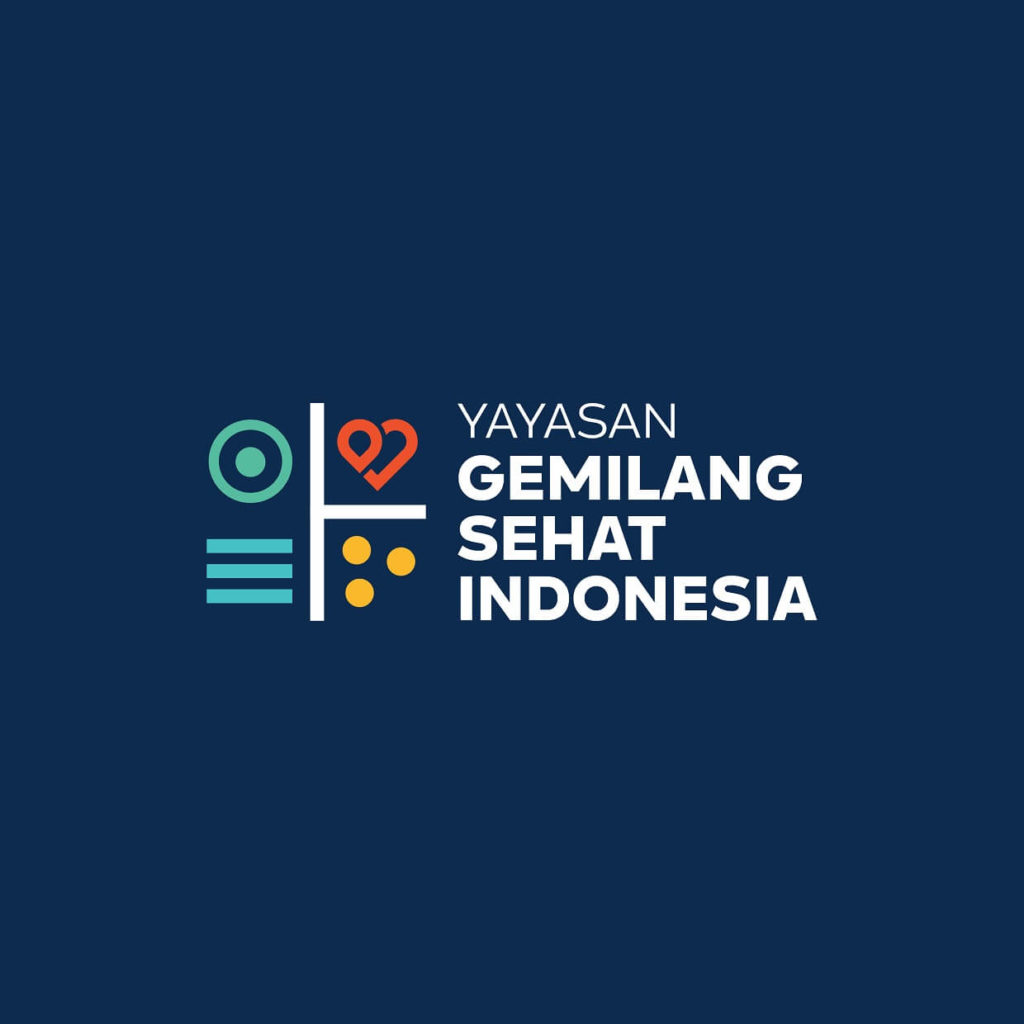
“Teachers and parents need to be aware of reproductive health issues and how to measure it, so they understand their children’s situation, if they face a problem, they can refer to experts,” he said.
The current social structure tends to blame the impact rather than to evaluate at the substantial level, he continued. For instance, when there is an incidence of child rape, some people blame the parents for not supervising the child.
CSE for early age children is necessary to minimize sexual violence against them as they’re provided with knowledge to respect physical boundaries. Furthermore, when the whole system have good understanding of CSE, we expect to eliminate victim blaming.
Contoh ketika ada perkosaan dengan korban anak, masih ada saja yang menyalahkan orang tua karena dianggap kurang pengawasan. PKRS anak di usia dini berguna untuk meminimalisir kekerasan pada anak karena mereka diberi ilmu untuk menghargai batasan tubuhnya.
Selain itu ketika seluruh sistem sudah memahami PKRS dengan baik, harapannya tak ada lagi korban kekerasan yang jatuh dan tertimpa tangga lantaran dipojokkan masyarakat.

“When they understood SETARA, the female teenagers are more outspoken about their reluctance and are more aware of child marriage cases. They realize that they need to stop it,” said M Rey Dwi Pangestu, program manager of Power to You(th). It’s a Rutgers community program and it focuses more on empowerment of young females aged 12-24 years at the community level.
What communities do to support prevention of child marriage?
In West Lombok, Rey’s working area, when one refused child marriage, a negotiation would later take place between Women and Child Services Unit at the local police, the village chief, customary leaders and the victim’s parent.
SETARA had even triggered regulatory changes regarding restrictions on child marriage from provincial to village levels. It started with Regulation of West Lombok Regency Regulation No. 30 in 2018 concerning Prevention of Child Marriages.
Followed by West Lombok Regency Regulation No. 9 in 2019 concerning Postponement of Marriage Age. Lastly, West Nusa Tenggara Provincial Regulation No. 5 of 2021 concerning Prevention of Child Marriages.
In the smaller authority regions, some villages in West Lombok have also implemented Village Regulation concerning prevention of child marriages. They set aside a village budget specifically designated to fund teenagers activity related to reproductive health.

“Rutgers assisted us to drive regulation by referring to SETARA implementation results. Studies at schools indicated that the number of juvenile delinquency has been reduced, some school even has zero child marriage,” described Erni Suryana, Secretary of Office for Women Empowerment, Children Protection and Family Planning in West Lombok Regency.
The Seed for National CSE Module
Why do we need to be concerned about reproductive health and sexuality issues among adolescents?
This may be the most basic question people asked when seeing Rutgers’ works to overcome hurdles and challenges faced to advocate CSE in all levels.
The answer is to provide Indonesia with qualified demography bonus reserve.
Imagine when current youth aged 10-24 years are provided with CSE, referring to Siswanto’s prediction, by the coming decade they will be in their most productive age and might become parents themselves. With CSE provision, these prospective parents will bring in more generation and transfer their knowledge to their children.
That’s why Rutgers Indonesia worked hard to develop SETARA which took almost sixteen years to complete. The first edition was issued in 2012, later in 2017 the module was revised for a year, some contents were adjusted with developments and “culture” in Indonesia.
In the last two years SETARA and its evaluation measure, GEAS, have elevated the story of changes to the national level. Together with UNFPA, MOE, MOH and Ministry of Religious Affairs (MORA), they formulated National CSE modules based on SETARA materials.
“In 2021 the module was completed, we also produced a sylabus, learning materials and we briefed stakeholders and educators to have a unified perception regarding CSE. This year we’re conducting coordination with local governments,” explained Irmawati, from Program Planning Evaluation and Analysis Division of Directorate of Primary Education Teachers at MOEC.
The government also targeted to train 5,000 teachers throughout the country with the national CSE modules in stages by 2025. The MOH will provide facilitators – in this case, doctors from community health centers – to train core teachers in 34 provinces.
The core teachers are selected from those who teach the following four subjects: Biology, Physical Education, Counseling Coach and Extracuricular Coach. After the core teachers were trained, they will transfer their knowledge to their peers by means of learning forums, it will be disseminated further to partner teachers, and lastly, to impact teachers.
“So SETARA and GEAS results have provided impacts to influence policy makers. We just need to be patient and keep evaluating,” Siswanto added.
“Jadi SETARA dan hasil GEAS sudah mempengaruhi penentu kebijakan. Kita tinggal bersabar dan evaluasi saja,” tambah Siswanto.
Similar to drug prevention program, CSE should not be undermined due to taboos. If we want teenagers to avoid risky behavior, we should provide them with maximum information. It should be provided from a credible source, nationally recognized and internationally standardized.
SETARA started the story of changes with real actions to empower youth. We continue working to enhance sexuality awareness among more teenagers.
Page by page, the stories of change were written and retold by teachers, parents, and even stake holders in this edition. Other stories will follow and will be shared as a track record of CSE effectiveness in Indonesia, initiated by Rutgers, together with SETARA.
